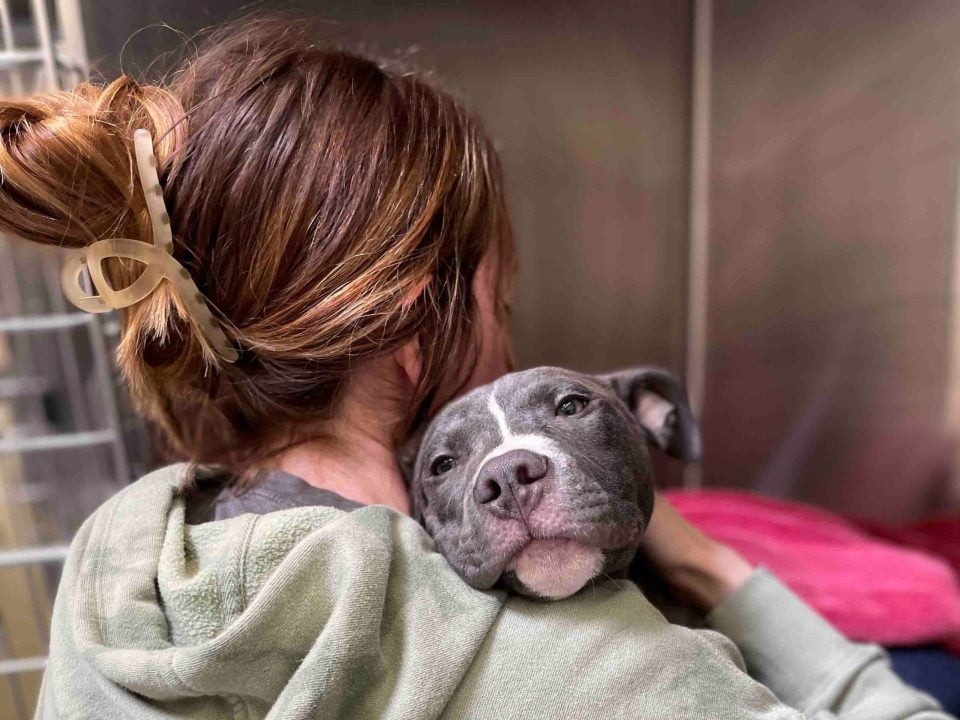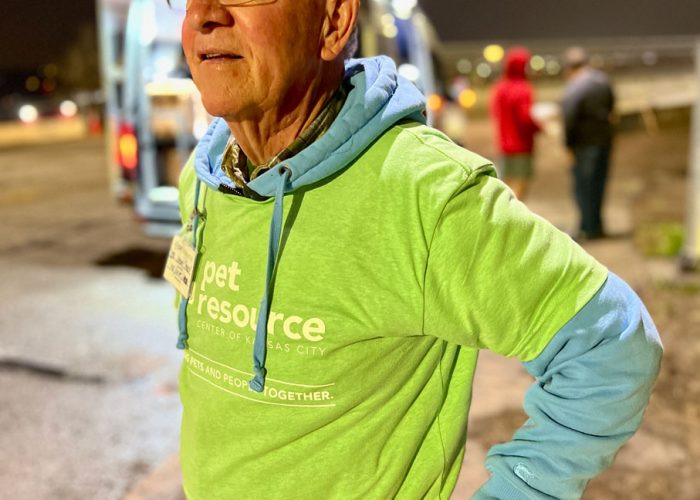Content warning: this blog includes sensitive information surrounding mental health and suicide.
We’ve all had those days.
The ones where you get home from work, plop down on your couch and take a few minutes to decompress after a stressful, overwhelming day. But then, without being prompted, your dog jumps up next to you, nuzzles their head underneath your arm and licks you right smack in the face. Or your cat trots all the way across the house to find you just to rub up against your leg and tell you they missed you.
Suddenly, all of your worries or frustrations go away, even if it’s briefly. You realize that little floof needs you, so you pick yourself back up and try harder to be your best self every day … for them.
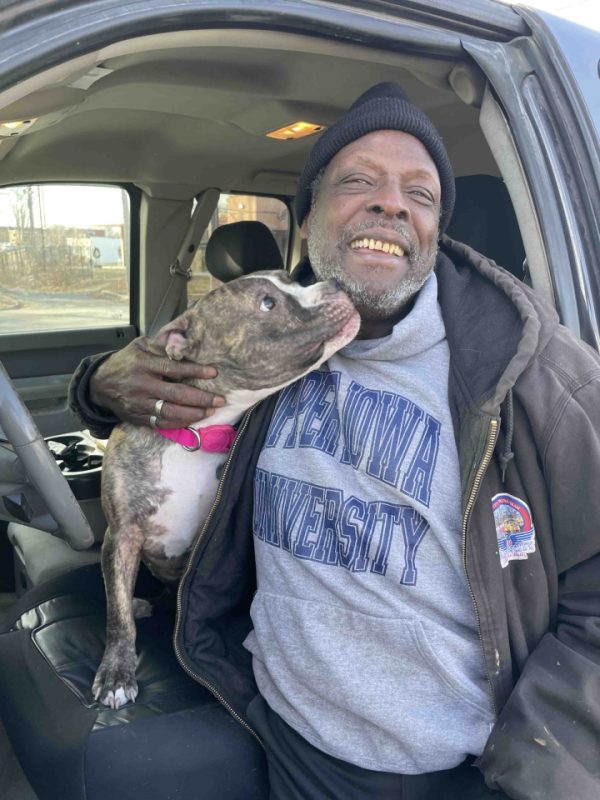
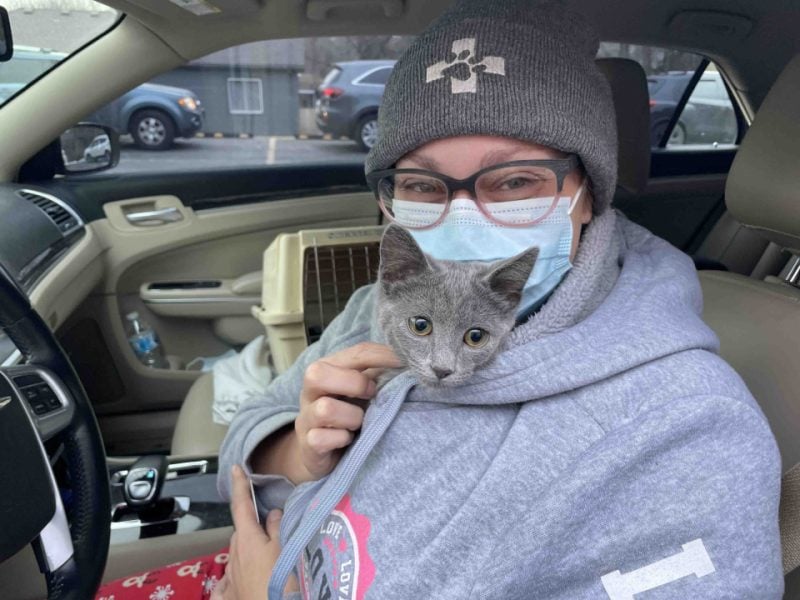
That is what we call the power of pets. You’ll hear us say this a lot, but that’s because pets, whether they realize it or not, change, save and better our lives every day, and there is scientific evidence to back it up.
From helping us manage anxiety, depression and other mental health conditions to just encouraging us to get outside, exercise and enjoy the beauty of life, their presence and constant companionship boost our serotonin and dopamine levels and also decreases our blood pressure, cholesterol levels and triglyceride levels and improves cognitive function in older adults, according to the CDC.
But it’s not just us who benefit from the human-animal bond. A study done by the University of Missouri monitored shelter cats after being adopted by families and found that there was a significant decrease in cortisol levels, which measure stress.
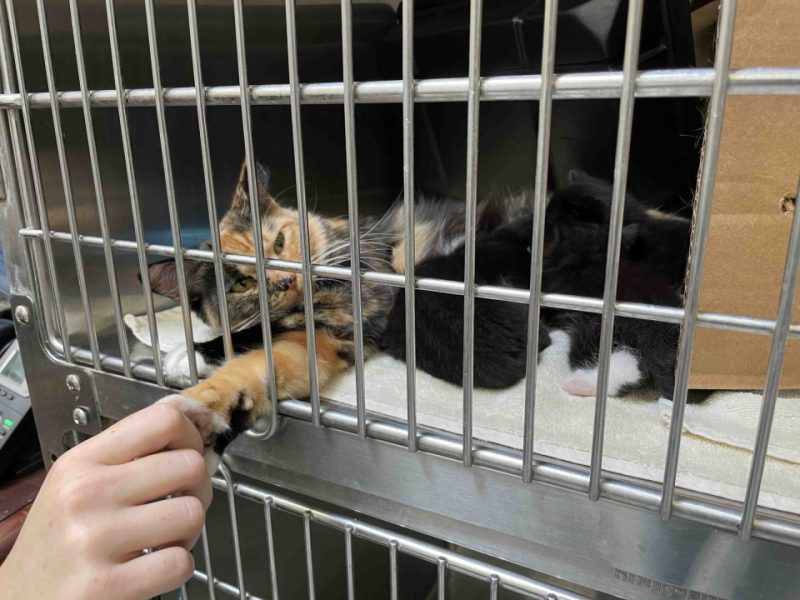
“Cats also tend to lose weight due to not eating if they are stressed, but we found the cats actually gained a bit of weight initially after adoption and then maintained their weight as time went on,” says Gretchen Carlisle, a research scientist at the MU Research Center for Human-Animal Interaction in the MU College of Veterinary Medicine.
This means cats are much happier creatures when they’ve got a family to share their lives with even if they don’t always show it.
Now, for dogs whose emotions are more easily understood, there have still been studies done that show that they release oxytocin, the hormone that plays a role in bonding and trust, when they stare into the eyes of their owners, and they also respond better to owners when they use dog speak, like “Who’s a good doggy?” or “Do you want to go for a walk?”, in a high-pitched emotional tone.
These mutual benefits of human-animal interactions make our bond with pets that much stronger, but are there still days where your pet can’t pull you out of the hole the voices inside your head created? Sure. And we have our own fair share of them working in the veterinary field and animal welfare.
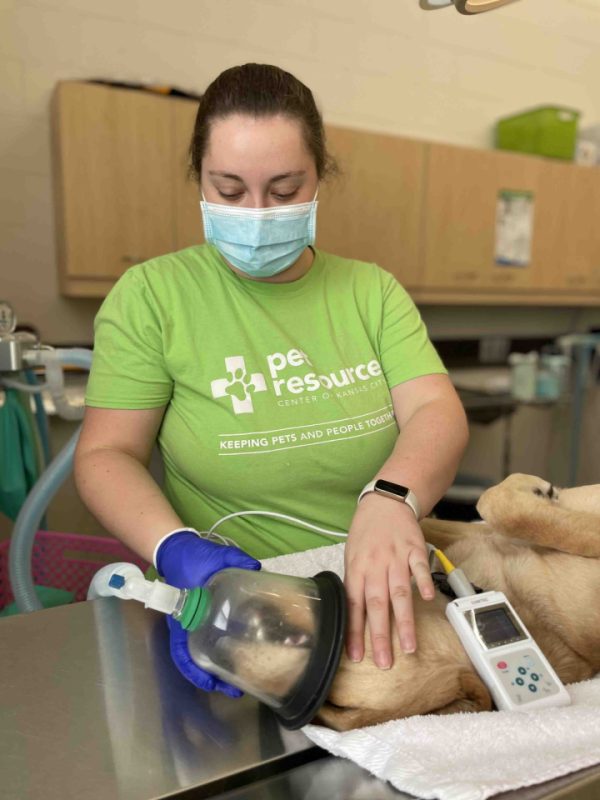
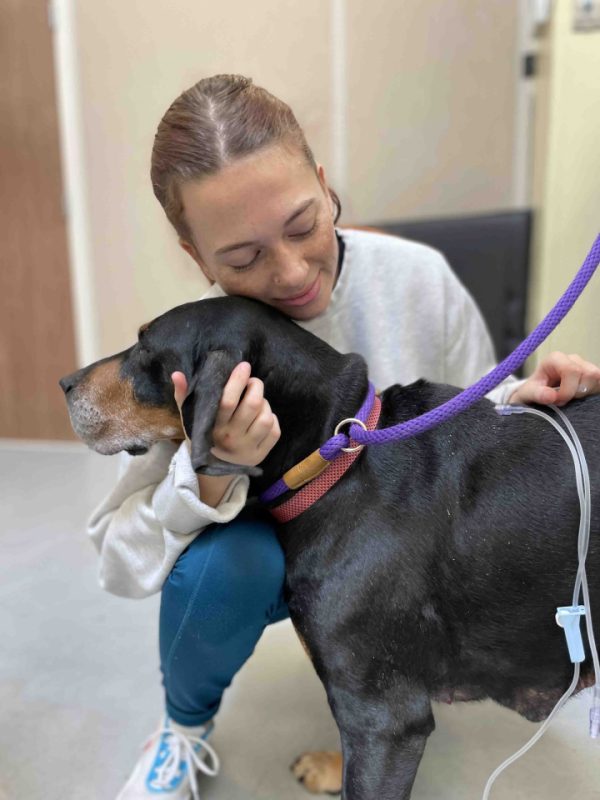
While we’re able to help the majority of pets and people with supportive services and keep them together, there is still a small percentage of instances where we exhaust all of our resources and, still, there’s nothing else we can do to help, leaving the situation beyond our control.
And that weighs heavily on our minds and hearts.
However, many people who work in this industry recognize it’s an issue, which is why Dr. Nicole McArthur started a nonprofit called Not One More Vet in 2014 to provide education, resources and support for veterinary professionals across the globe who are experiencing mental health issues.
“Veterinary professionals are twice as likely to experience serious psychological distress and one and a half times more likely than the general public to have experienced depression,” they say on their website.
And one in six veterinary professionals considers suicide, which is three times the national average.
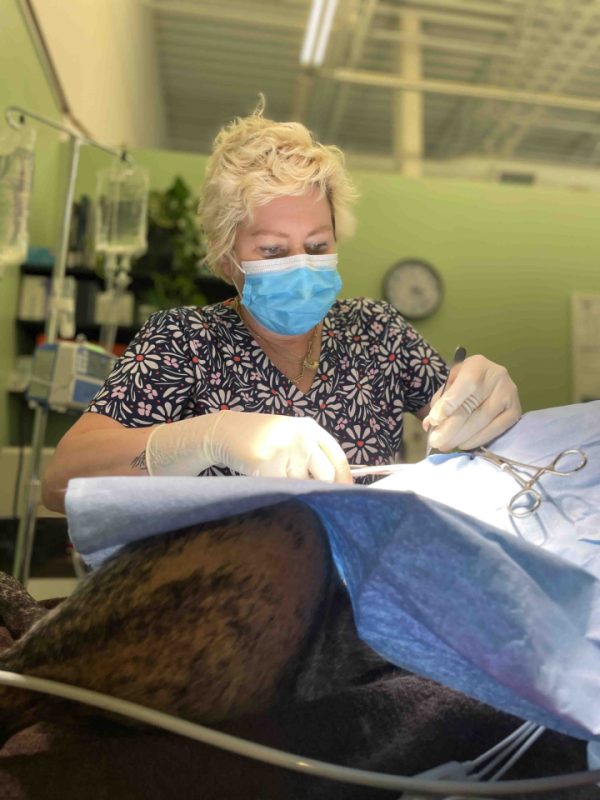
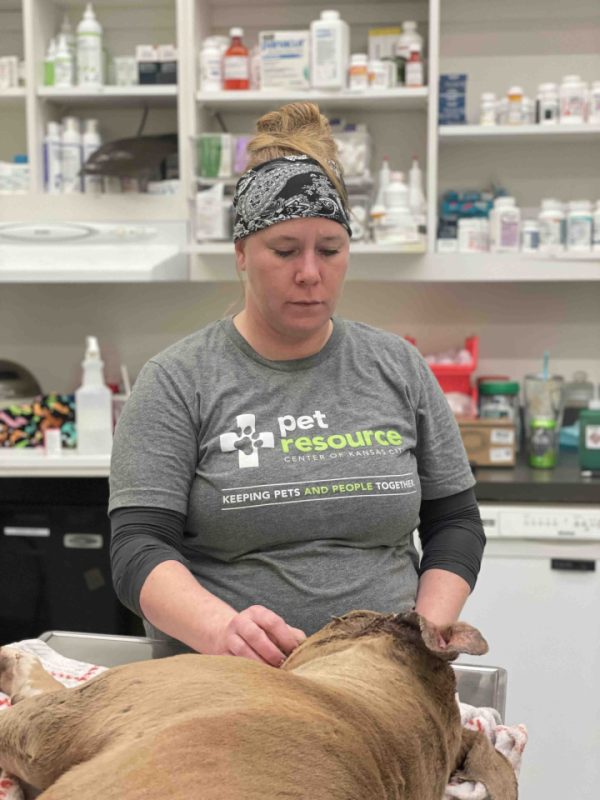
This is due to a combination of factors: veterinary schools are extremely difficult to get into, veterinarians incur a significant amount of debt, and they also carry a lot of stress on their shoulders from working long hours and dealing with sick and injured pets, loss and grief. And for those who work in animal shelters, rescues and other nonprofits and are extremely passionate about the work they do, they still only make a living wage, which makes it more stressful and harder to get by in life.
Many of the people we help are facing some of the same issues as we are, which is why it’s more important than ever that we build a support system and community of kindness, compassion and love to be there for the pets we love so much.
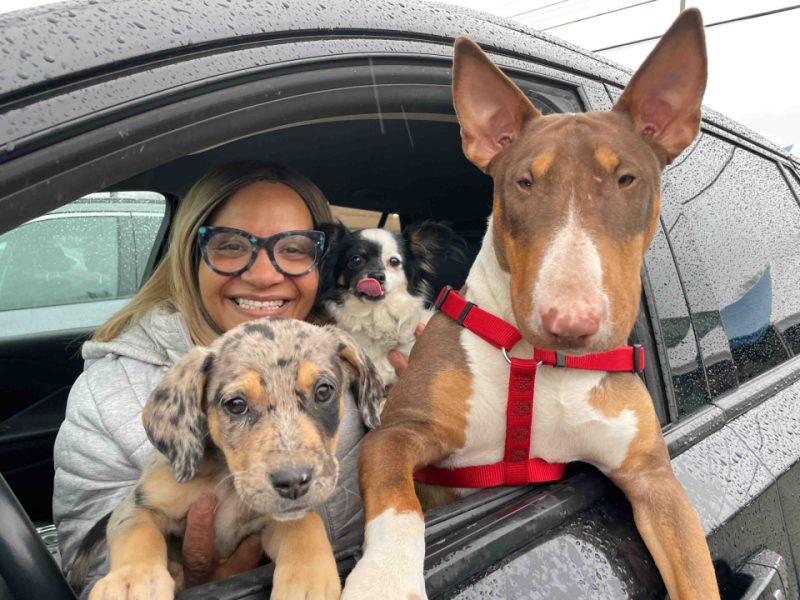
Our motivation for getting out of bed each morning is knowing that “if we don’t come to work, one less pet gets help,” says Rachel, our lead urgent care technician.
These are pets who are members of people’s families, which is why we always do our best to find a way to help. We kindly just ask for a little patience and kindness in return, especially on the days where even a hug from our personal pets can’t heal the heaviness in our souls.
If you or someone you know is struggling with mental health or thoughts of suicide, visit 988 Lifeline. If you are a veterinary professional or animal welfare worker looking for mental health resources, you are not alone. Visit nomv.org.
